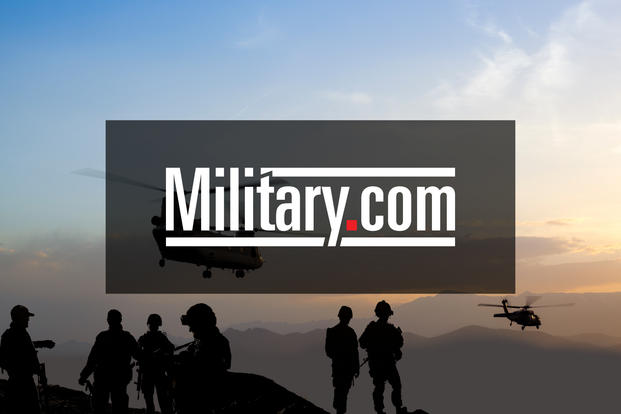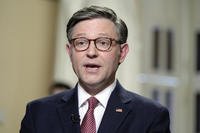Dr. David Shulkin, President Donald Trump's nominee to head the Department of Veterans Affairs, said he will fight full privatization of veterans care while seeking to expand community choice programs.
"There should be no doubt I will seek major reform and accountability, but the Department of Veterans Affairs will not be privatized under my watch," Shulkin, the current under secretary for health at the VA, said at his Senate Veterans Affairs Committee confirmation hearing.
"If confirmed, I intend to build a system that puts veterans first and allows them to get the best possible health care and services wherever they may be, in the VA or in the community," he said.
Shulkin, an internist with more than 30 years of experience in major health care systems, appears headed to quick confirmation to head the $180 billion-a-year VA, which has a workforce of 314,000 serving 6.5 million veterans annually at 1,700 hospitals and clinics.
The senators' questioning of Shulkin was not confrontational, and several lawmakers from both sides of the aisle announced their intention to vote for him.
If confirmed, Shulkin will be the first non-veteran to lead the VA and the only holdover from the administration of former President Barack Obama to have a cabinet position in the Trump administration.
Sen. Jon Tester, a Montana Democrat and the ranking member of the committee, cautioned Shulkin: "You will be fighting a war on multiple fronts" as secretary.
"While trying to carry out the department's mission, you'll have to deal with a Congress that has not proven itself to be the most productive or cooperative partner," Tester said. "And you'll have to deal with a new president who has taken some public positions -- on everything from privatization to his personal opinion of the VA workforce -- that are in stark contrast to positions you have taken."
During the election campaign, Trump made the wait times for care and the lengthy appeals process at the VA a constant theme. He called the VA a "broken" system that treats illegal immigrants "better than our vets," and suggested that more privatization is the remedy.
When pressed about his meetings on the nomination with Trump, Shulkin said they discussed "what needs to be done" to improve care for vets in general terms. They also discussed privatization, but "I did not ask him for his definition" of the term, Shulkin said.
One of his first priorities is to deal with the across-the-board hiring freezes on federal agencies imposed by Trump in an executive order last week, Shulkin said. The order allows for "public safety" or health waivers, and a VA spokesman said Wednesday that the department has begun submitting requests for exemptions.
Under questioning from Sen. Bernie Sanders, a Vermont Independent, Shulkin said he is pleased that Trump provided for exemptions and he expects to take full advantage of them. He said there are 45,300 vacancies at the VA, and he will seek to exempt about 37,000 of those positions, mostly in health care.
Sen. Johnny Isakson, a Georgia Republican and the committee's chairman, had high praise for Shulkin's commitment to better care for the nation's veterans and told him that fears of a Trump administration push for full privatization of the VA are overblown.
"We're not about privatizing health care for the veterans, we're about making health care more available for the veterans," Isakson said. Shulkin responded that he is not opposed to giving veterans more choice, but favors an "integrated" approach to take advantage of the best aspects of VA and private care.
"I've demonstrated my commitment to moving care into the community where it makes sense for the veteran," Shulkin said. He added that when he began at the VA 18 months ago, 21 percent of care was delivered in the private sector. That figure has risen to 31 percent.
Currently, veterans can get private care only if they can't get a VA appointment within 30 days or if they live more than 40 miles from a VA facility.
-- Richard Sisk can be reached at Richard.Sisk@Military.com.






























